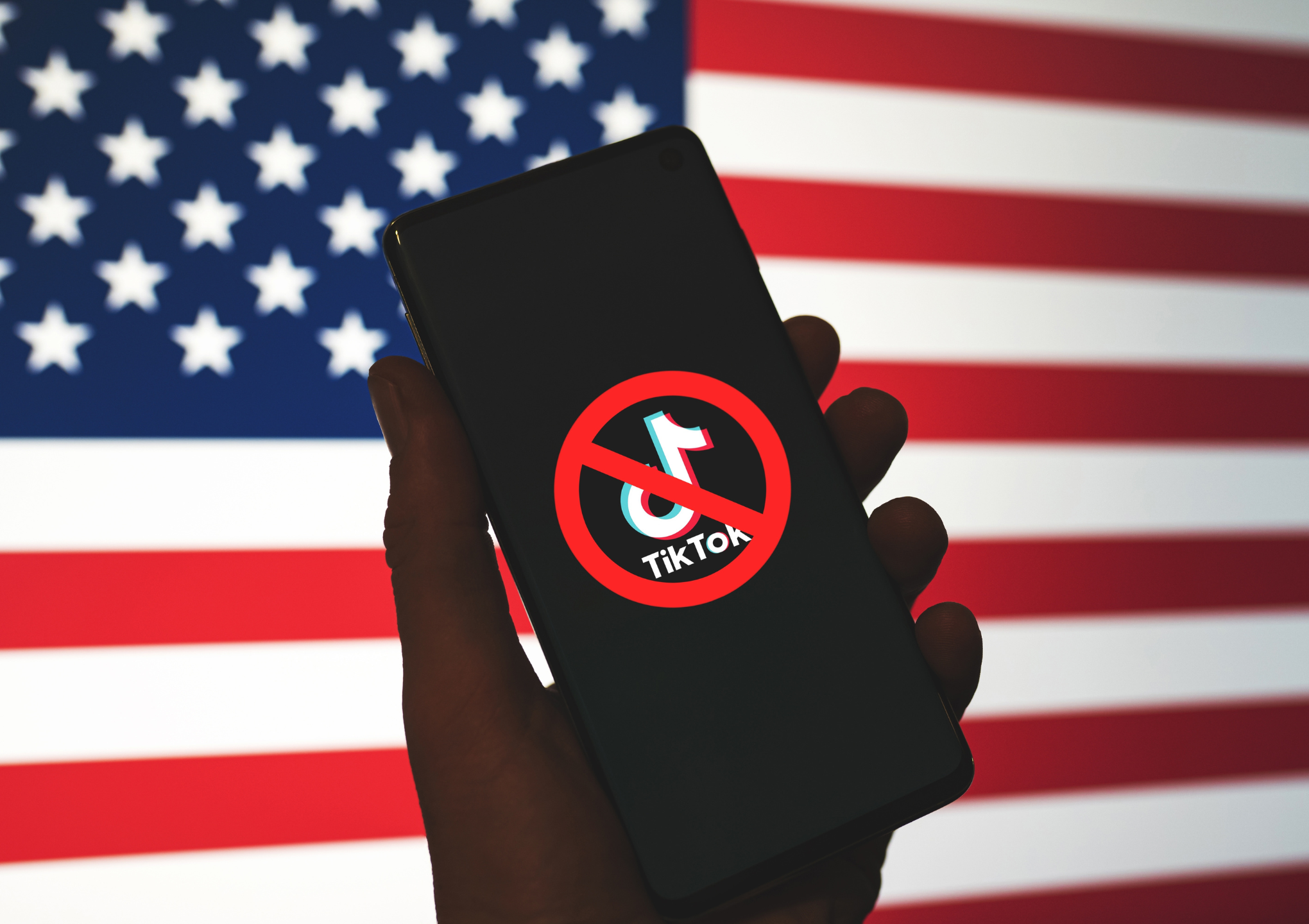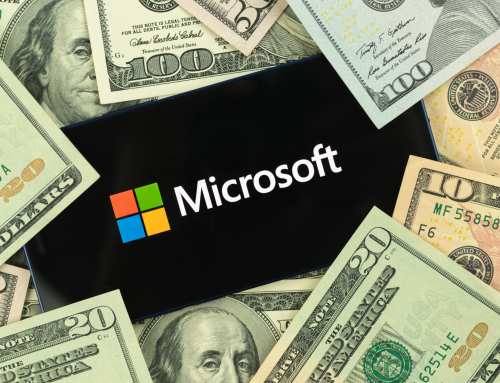A new chapter in the technology drama
On Wednesday, President Joe Biden signed a law that poses a major challenge to TikTok. This new law is part of a comprehensive aid package for Israel and Ukraine, which also includes provisions that could seal the fate of the popular video app in the United States. TikTok now faces the threat of being completely banned from US app stores if its Chinese parent company ByteDance does not sell the app within 270 days.
What does the new law mean in concrete terms?
The newly signed legislation aims to put pressure on TikTok to find a buyer or face severe consequences. The deadline set by Biden ends on 19 January 2025, and if no sale has taken place by then, TikTok will be removed from American app stores and also excluded from hosting services, preventing the app from being downloaded and interaction with its content. It is a clear escalation in the efforts of the US authorities, who have harboured concerns about the app since 2020, particularly with regard to the security and privacy of user data.
TikTok’s response and legal challenges
TikTok has already announced its opposition and promised legal action to challenge the law. Shou Chew, the CEO of TikTok, assured users in a video: “Rest assured: We’re not going anywhere.” The company describes the law as unconstitutional and argues that it would severely damage the rights of the 170 million US users and 7 million companies operating on the platform.
Possible future scenarios for TikTok
If TikTok loses the battle against the law, the stakes are high. The company could be forced to part ways with ByteDance or even be sold without its valuable algorithm, potentially severely impacting the app. On the other hand, a court case that could last for years could temporarily block the enforcement of the law.
In summary, TikTok faces an uncertain future in the US. While fans of the app can continue to use it, the sword of Damocles of a possible ban hangs over them. Whatever the future holds, this law could be seen as a significant turning point in the treatment of foreign technology companies on US soil and shows the protectionist and ignorant attitude of the US government towards foreign companies.







